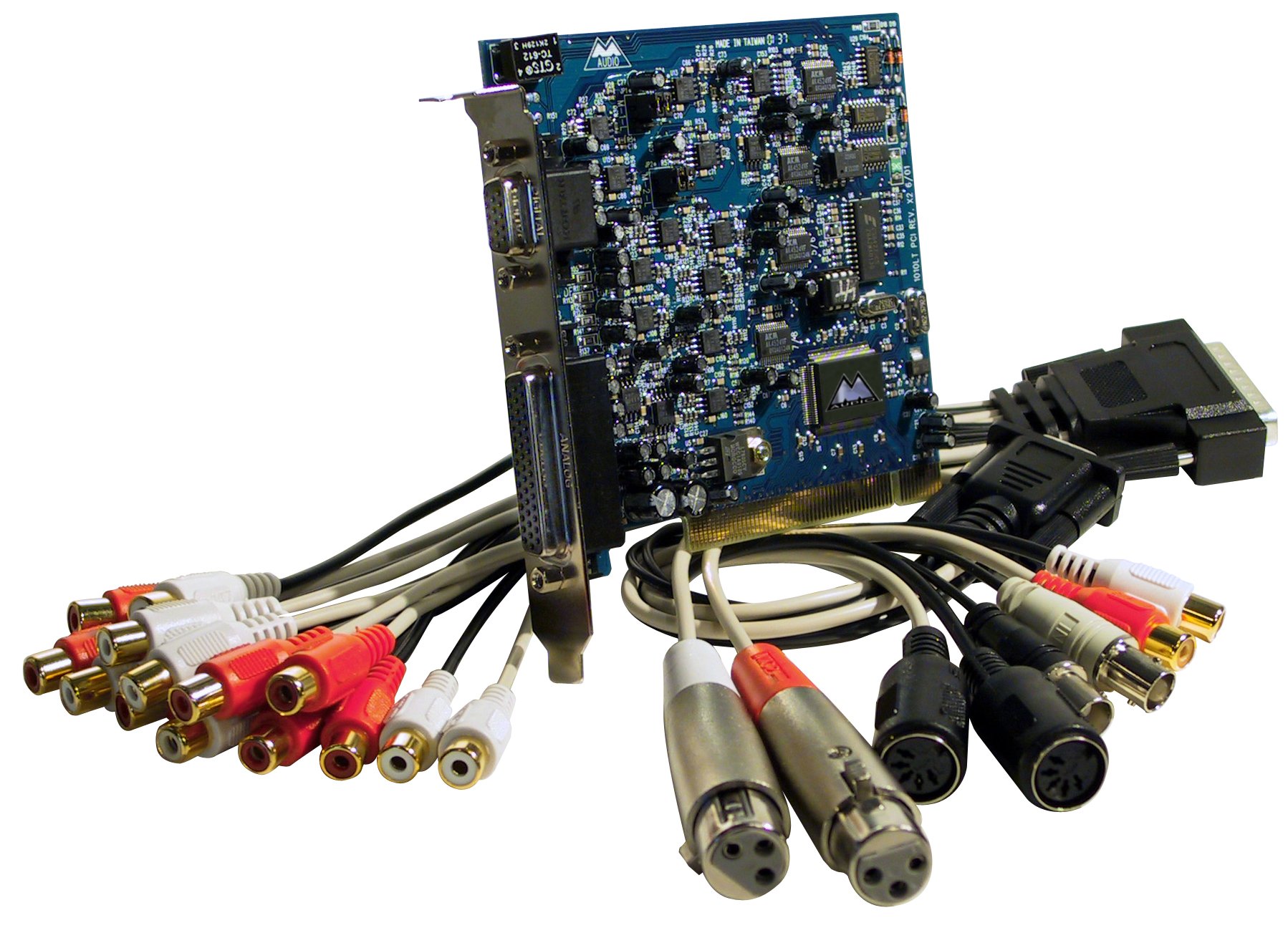
We wanted an amplifier that could drive a lower impedance load and do so effortlessly yet still have enough power at 8 ohms. That was one of the elements that figured into our design goals. “If you look at the impedance of a B&W 800 or 802,” Nauber told me, “you’ll see that between 70Hz and 1000Hz it’s below 4 ohms. Both the monoblock and the stereo models had to be unflinchingly powerful because they were developed with B&W loudspeakers in mind. This history informs some of the design features of the latest Delta components, especially the amplifiers. The products are built at Sound United’s state-of-the-art Shirakawa Audio Works factory in northern Japan. Nauber is in charge of the brand and the design team remains in Québec.

It was clear that Eva’s plans “had nothing to do with Classé” and operations in Montreal were shut down the following year.įortunately, salvation came in 2018 when Sound United acquired Classé, adding it to a roster of successful audio manufacturers that includes Denon, Marantz, Definitive Technology, Boston Acoustics, Polk, and HEOS.

“It’s arguable that, when they bought B&W, they didn’t even know they’d bought Classé,” recalled Nauber, sounding a little hurt. Then in 2016, rather unexpectedly, B&W was purchased by a Silicon Valley start-up, Eva Automation, which was looking for an established product in which to implement its cutting-edge wireless technology. Dave Nauber, an audio industry lifer with Classé for 18 years and now the Brand Director, loves recycling an old joke when he tells the story of the company’s beginnings: “How do you make a small fortune in the audio business? Start with a big one.”) Nearing retirement age, Viglas instituted a distribution agreement with Bowers & Wilkins in 2001 and sold Classé to the venerable British speaker manufacturer in 2010. (Viglas became wealthy as a hugely successful Ford heavy truck dealer. But, in fact, the brand has been on something of a roller coaster ride in recent years.ĭavid Reich, an amplifier designer, and Mike Viglas, an audiophile who had the means to invest in the enterprise and who eventually became its sole owner, founded Classé Audio in 1980. This considered course of developing products and introducing them to the marketplace is expected from a company like Classé, well regarded by both recording professionals and discerning hobbyists. A five-channel power amp is coming next and there are plans, as well, for a surround processor and integrated stereo amplifier. In addition to the two products considered here, a new single-channel amplifier, the Delta Mono ($10,999 each) also debuted.
Delta audio studio review series#
The Montreal-based company introduced the third iteration of its Delta series components at High-End Munich in 2019.

It was with this undeniably difficult-to-define standard in mind that I got to know Classé Audio’s Delta Pre preamplifier/processor and Delta Stereo power amplifier. Unlike upgrading a phono cartridge, D-to-A converter, or speaker from which we expect more-more bass, more dynamic range, more dimensionality-with electronics, in the final analysis, we want less. W hat do we really want from our electronics, those (usually) necessary boxes between our audio sources and loudspeakers? Of course we need control-which source do we listen to, how loud, etc.-and we want these components to be easy to use and dependable.


 0 kommentar(er)
0 kommentar(er)
